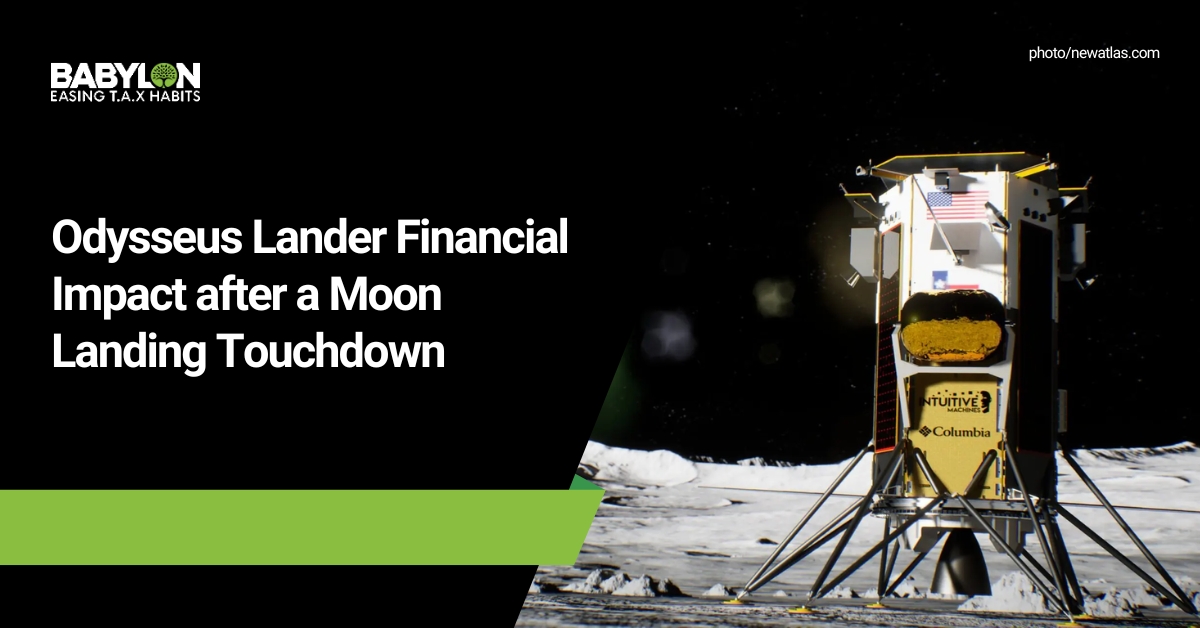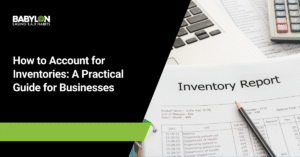The Odysseus Lander, or “Odie,” landing on the moon is a groundbreaking event that marks a huge advancement in space exploration and puts Odie in the spotlight as a symbol of global innovation, influencing moon landing funds.
Industries across various sectors eagerly await the economic opportunities ahead. Investors are actively pursuing space ventures, while economists predict a surge in innovation and job creation sparked by Odie’s achievement.
With Odie leading the charge, many ventures are ready to transform the financial landscape and welcome a new era of possibilities.
What is the Odysseus Moon Landing For?
The Odysseus Moon landing on February 22, 2024 is a vital milestone in preparing for future human missions to the Moon under Artemis. Carrying six NASA payloads, Odysseus safely touched down in the Moon’s south polar region after its February 15 launch. The data collected by these payloads provides essential insights into the lunar surface for mission planning. This information advances the world’s scientific knowledge and creates opportunities for commercial ventures in the lunar economy.
Overall, the Odysseus Moon landing is a big step towards unlocking both scientific and economic potential in space exploration.
Financial Impact of Odie’s Moonwalk
Odie’s lunar landing represents the multifaceted accounting and tax implications. Here are examples of accounting and tax implications:
R&D Tax Credits
Odie’s lunar exploration’s R&D expenses could be eligible for tax incentives under the Philippines’ National Internal Revenue Code of 1997, Title XIII, designed to encourage innovation. For companies like Intuitive Machines, these incentives can lower tax burdens, making ambitious projects like lunar exploration more financially feasible and contributing to technological progress and economic growth.
Capitalization and Amortization
Expenses associated with Odie’s intellectual property and development, beyond hardware costs, can be classified as intangible assets under the International Accounting Standard 38 (IAS 38). These assets impact financial statements through processes like amortization and potential impairment testing, influencing the company’s overall profitability and reflecting its investment in innovation and intellectual capital.
Government Grants and Incentives
Odie’s mission’s importance may attract government grants or incentives, offering financial support and tax advantages under International Accounting Standard 20 (IAS 20). Proper accounting is crucial to managing these funds and complying with regulations effectively, ensuring transparent reporting of their impact on the company’s financial statements.
Revenue Recognition
Odie’s mission demands precise revenue recognition under accounting standards like IFRS 15. This standard provides guidelines for reporting revenue and cash flows from customer contracts, ensuring accuracy and compliance. Adhering to these standards guarantees precise financial reporting and regulatory compliance.
International Collaboration and Tax
Collaborations across borders in space exploration introduce tax implications such as transfer pricing and potential double taxation. Proper financial planning and compliance measures are essential to manage these complexities effectively.
Investment and Funding
Odie’s success could draw increased investment in space exploration companies, impacting shareholder equity and potentially leading to future capital gains taxes. This influx of funds has the potential to further drive innovation and expansion within the space industry.
Publicity and Brand Value
The successful lunar landing enhances the brand value of companies like Intuitive Machines and their partners. While challenging to quantify, this intangible asset can yield long-term financial benefits and shape investor perception and goodwill assessments.
FAQS
How many years does it take to go to the Moon?
A spacecraft usually takes around three days to reach the Moon, covering at least 240,000 miles (386,400 kilometers). However, the specific duration can vary based on the spacecraft’s chosen trajectory and speed for the mission.
How much money was spent on the Odysseus Moon landing?
The Odysseus Moon landing mission, conducted by Intuitive Machines, cost NASA $118 million. This is significantly less than the typical cost of building a lander, ranging from $500 million to $1 billion. However, despite its lower price, the mission achieved its objectives successfully, highlighting the cost-effectiveness of space exploration endeavors.
What are the financial benefits of the Odysseus Moon landing for companies like Intuitive Machines?
The successful completion of the Odysseus mission showcases cost-effectiveness in space exploration endeavors. This potentially attracts more contracts and partnerships for Intuitive Machines, leading to increased revenue and market credibility.
What are the possible financial risks associated with this mission?
The potential financial risks associated with the Odysseus Moon landing mission include cost overruns, technical failures causing delays or cancellations, and regulatory hurdles affecting funding or partnerships. These could lead to financial losses for the companies involved, highlighting the importance of careful planning and risk management in space exploration endeavors.
Discover New Financial Possibilities with Babylon2k
The Odysseus Moon landing has opened up exciting possibilities in space exploration, sparking interest in both science and business. As companies explore these new frontiers, Babylon2k offers specialized consulting and financial services tailored to the evolving space industry.
From specialized tax assistance to detailed accounting services, our team is ready to help businesses navigate the complexities of this emerging field. As Odie’s success continues to inspire innovation, Babylon2k remains committed to guiding companies through the financial opportunities in space exploration.
Message our AI chatbot today for expert assistance, or connect with us via email at [email protected]. You can also reach us on Viber/WhatsApp at +63-927-945-3382.
Let’s explore this new frontier together.






